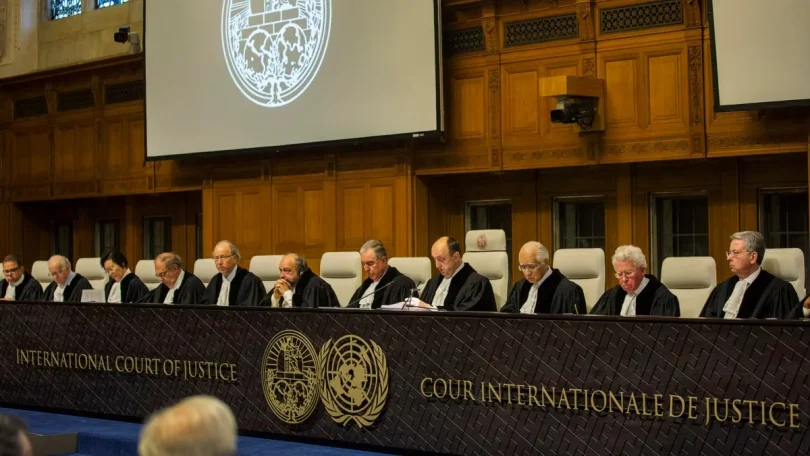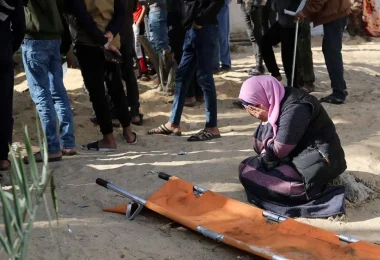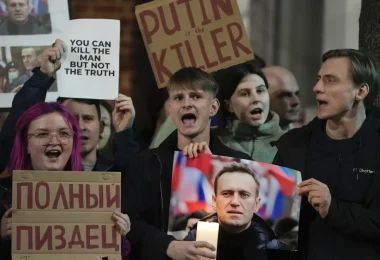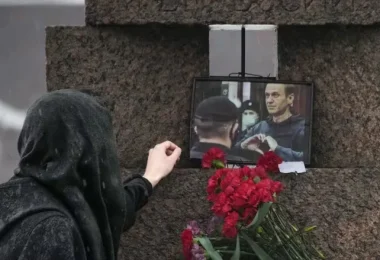The International Court of Justice (ICJ), the pinnacle of legal authority under the United Nations, has inaugurated a week-long series of hearings scrutinizing the legal ramifications of Israel’s occupation of Palestinian territories. This momentous event, set in motion by the UN General Assembly’s request in 2022 for an advisory opinion, marks a significant juncture in the long-standing Israeli-Palestinian conflict.
At the heart of these proceedings in The Hague, Palestinian Foreign Minister Riyad al-Maliki took the lead, setting the stage for discussions anticipated to draw contributions from over 50 states. Notably, the assembly includes a diverse range of countries such as the United States, a steadfast ally of Israel, alongside China, Russia, South Africa, and Egypt. Israel, while abstaining from participation, has contributed through written observations, maintaining a cautious engagement with the process.
The court’s deliberations come against the backdrop of escalating tensions and violence, exemplified by the ongoing conflict in Gaza, which has witnessed considerable loss of life. The recent military exchanges have intensified international scrutiny on Israel’s actions, amplifying calls for legal and diplomatic interventions.
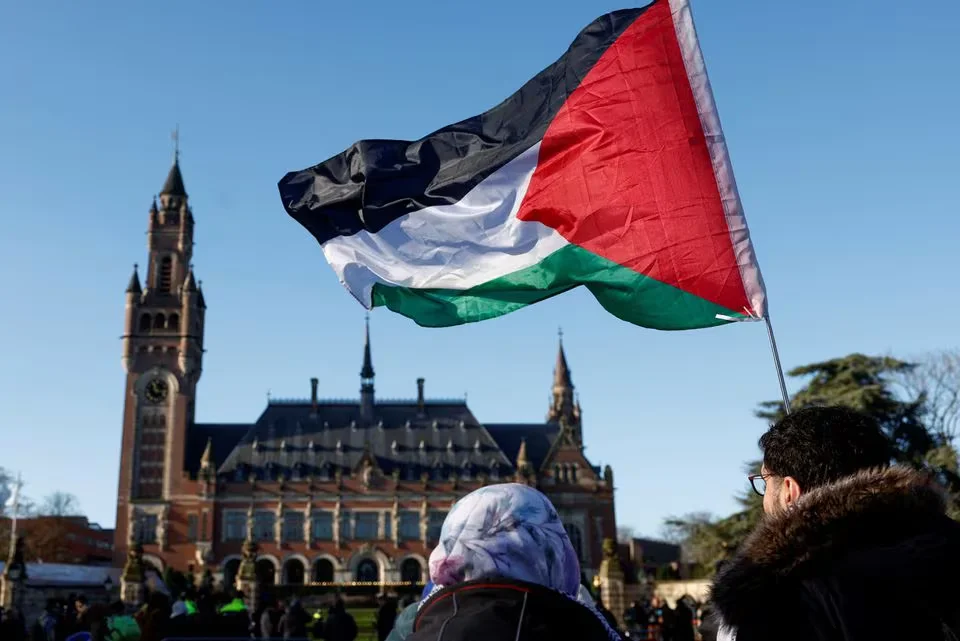
Protesters hold a Palestinian flag as they gather outside the International Court of Justice (ICJ) as judges rule on emergency measures against Israel following accusations by South Africa that the Israeli military operation in Gaza is a state-led genocide, in The Hague, Netherlands, January 26, 2024.
The ICJ’s task is to provide an advisory, albeit non-binding, opinion on the occupation. Historical precedents, such as the court’s 2004 advisory on Israel’s separation wall, underscore the complex interplay between international law and geopolitical realities. Despite the non-enforceability of the court’s rulings, their normative influence and moral suasion carry significant weight in shaping international opinion and policy.
Central to the discussions are the legal interpretations of Israel’s annexation and settlement policies, particularly in the West Bank and East Jerusalem, territories seized during the 1967 war and regarded by Palestinians as the foundation of their prospective state. The international community, largely unrecognizing of Israel’s annexation of East Jerusalem, watches closely as the ICJ examines the broader implications of these policies on the legal status of the occupation and the consequent obligations of states and the United Nations.
This judicial inquiry unfolds amid a broader Palestinian strategy to leverage international legal mechanisms against Israeli policies, a move underscored by the concurrent genocide case brought by South Africa against Israel at the ICJ concerning alleged violations in Gaza.

